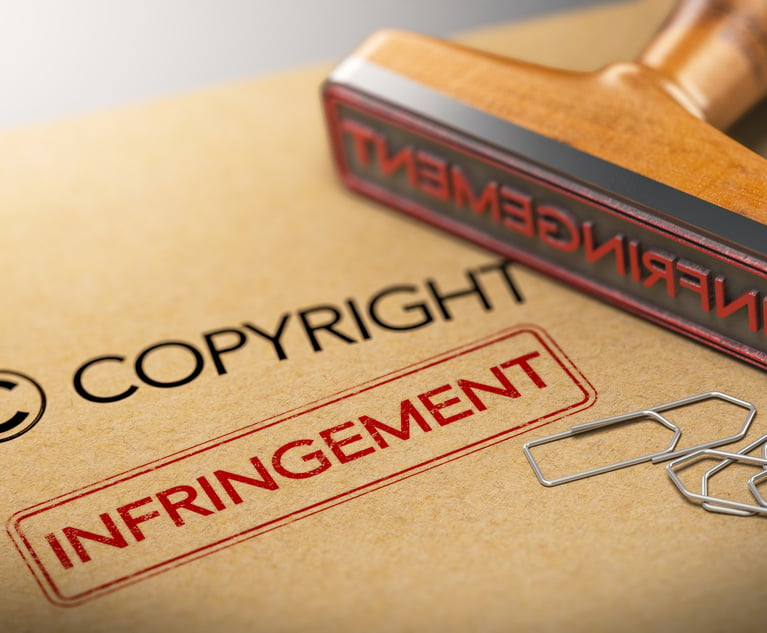The “government edicts” doctrine precludes copyright protection for certain government works, such as state and federal statutes and judicial decisions. The Supreme Court has not addressed the doctrine in over 100 years, and lower courts have struggled with it, calling it “difficult to apply when the material in question does not fall neatly into the categories of statutes or judicial opinions.” John G. Danielson v. Winchester-Conant Props., 322 F.3d 26, 38 (1st Cir. 2003). In its upcoming October Term, the court will decide whether the doctrine precludes Georgia from copyrighting the annotations in the Official Code of Georgia Annotated (OCGA). State of Georgia v. Public.Resource.Org, No. 18-1150 (2019). The court’s holding may affect not only the state of Georgia but the 20 other states that have registered copyrights in all or part of their state codes, and may have implications for the copyright status of other government-approved works.
The Government Edicts Doctrine
The Supreme Court considered the government edicts doctrine in three 19 century decisions: Wheaton v. Peters, 33 U.S. (8 Pet.) 591 (1834), Banks v. Manchester, 128 U.S. 244 (1888) and Callaghan v. Myers, 128 U.S. 617 (1888).


 Lewis R. Clayton and Eric Alan Stone
Lewis R. Clayton and Eric Alan Stone




